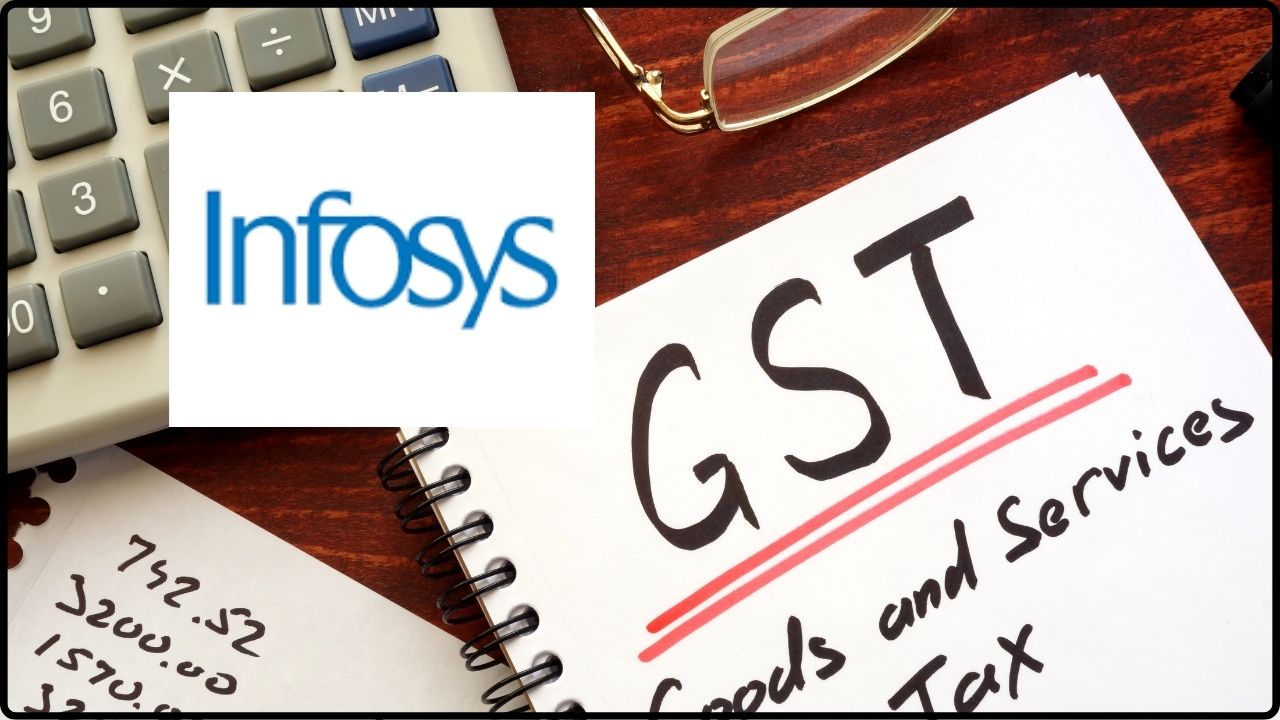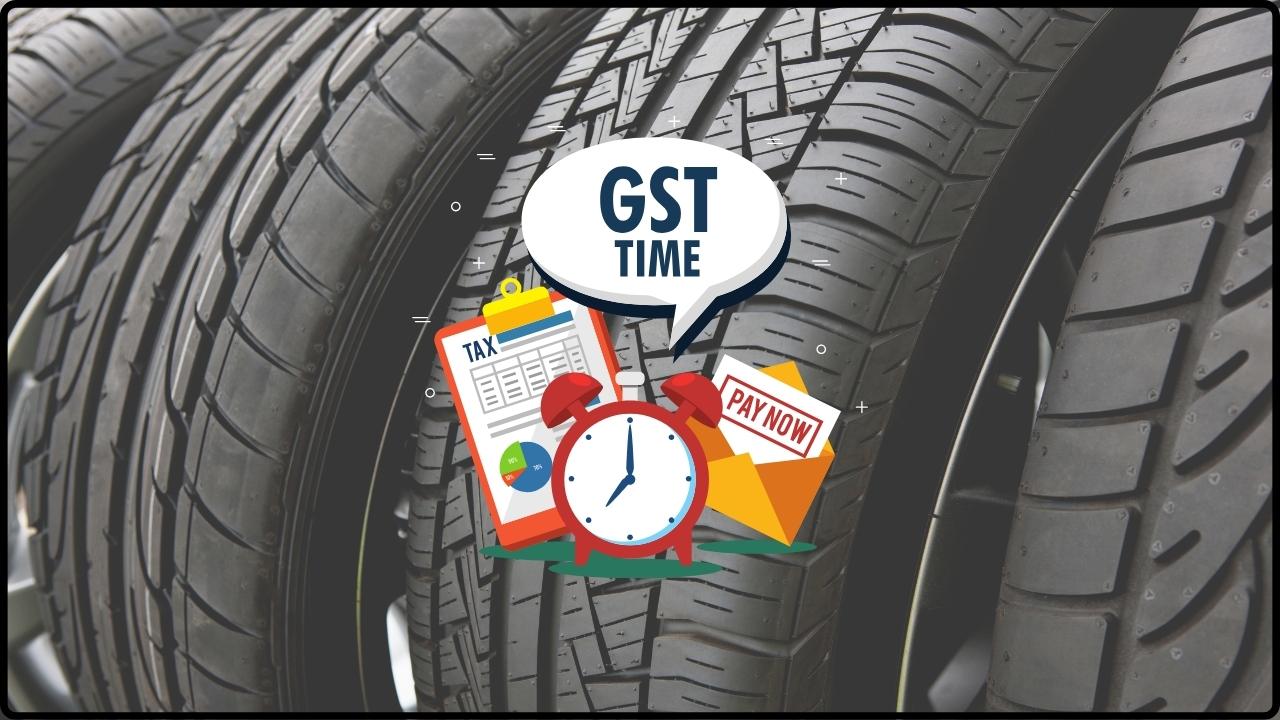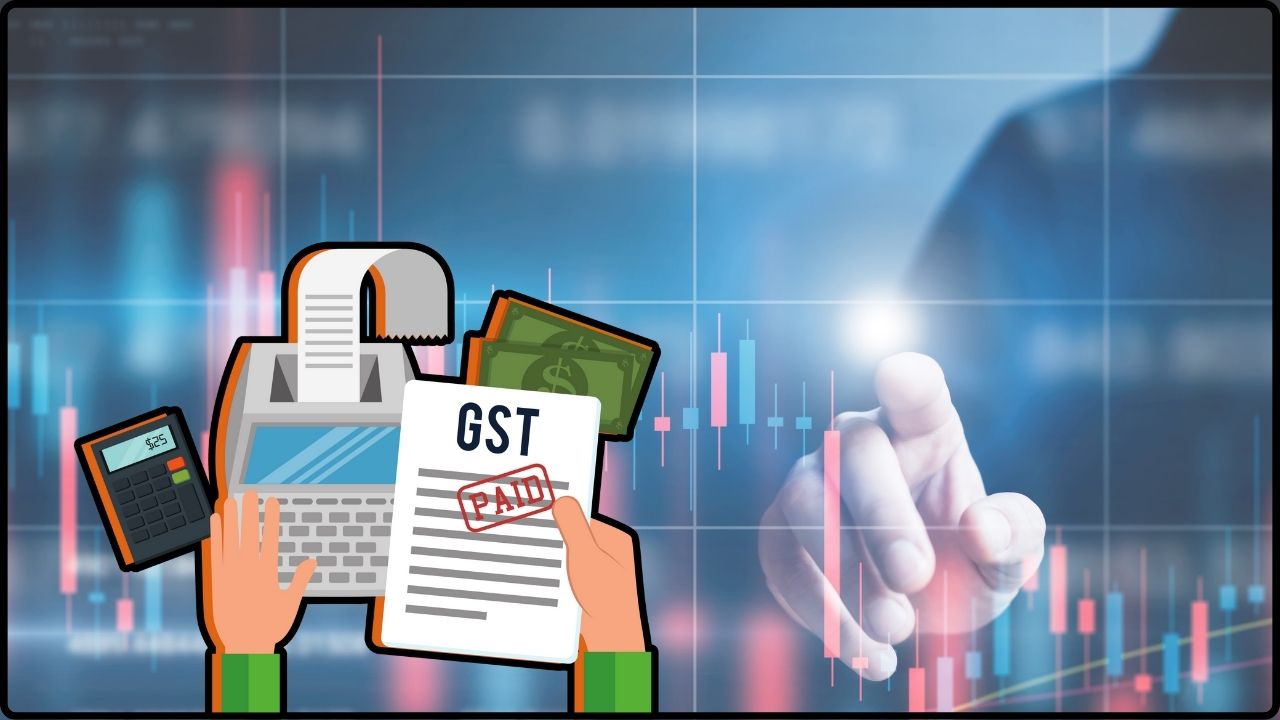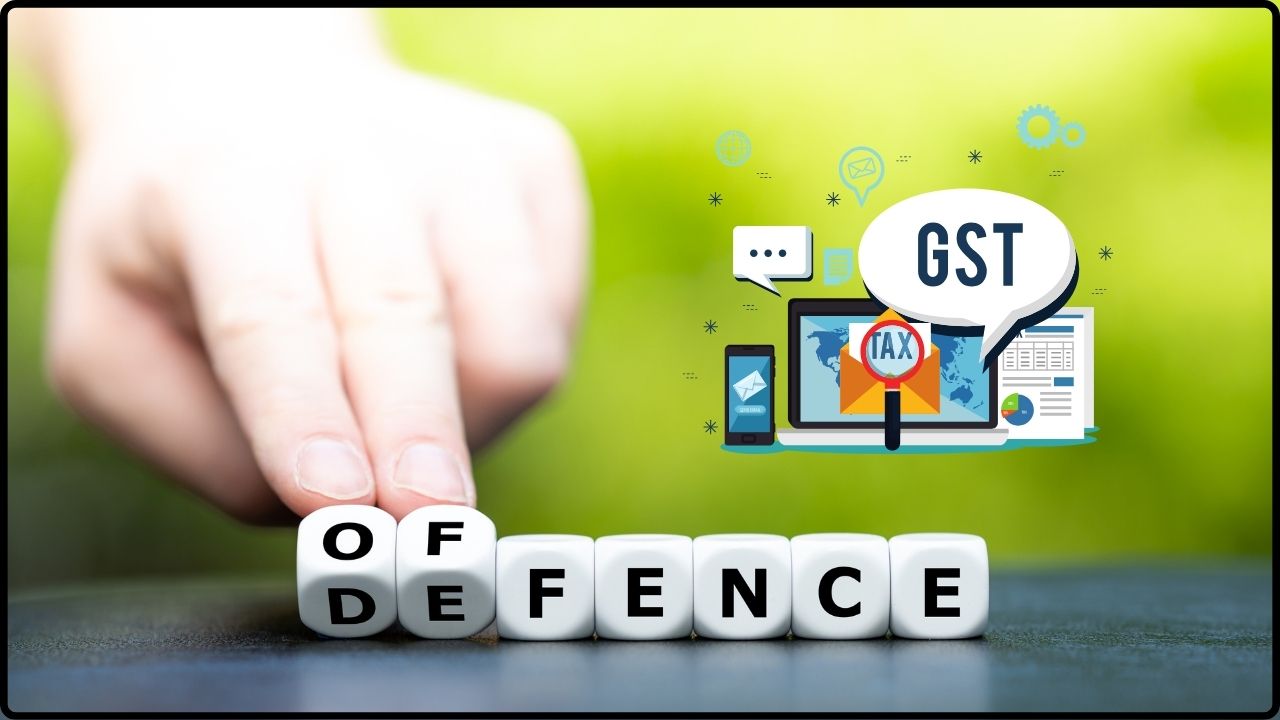Calcutta HC Orders ₹1.67 Lakh Re-credit to Buyer’s Ledger: When it comes to taxes, nobody likes paying for someone else’s mistake. And that’s exactly the heart of the matter in the recent Calcutta High Court ruling that’s making waves in legal, accounting, and business circles. The case? BSNL’s late GST payment caused a buyer to lose money from his ledger — and the court wasn’t having it. In this landmark judgment, the Calcutta High Court ordered a re-credit of ₹1.67 lakh to a buyer’s ledger, firmly stating that a purchaser cannot be penalized for the seller’s delay in paying GST. If you’ve ever had to chase down a payment or deal with a billing blunder — you’ll feel this one. Whether you’re running a mom-and-pop store in Ohio or a telecom reseller in Kolkata, the message is loud and clear: your supplier’s tax mess is not your responsibility.
Calcutta HC Orders ₹1.67 Lakh Re-credit to Buyer’s Ledger
The Calcutta High Court’s decision to re-credit ₹1.67 lakh to a buyer’s ledger sends a crystal-clear message: pay your taxes, keep your records, and don’t let someone else’s negligence cost you. For businesses worldwide, it’s a reminder to actively manage supplier compliance — because fairness in taxation isn’t just a legal issue, it’s a business survival strategy.
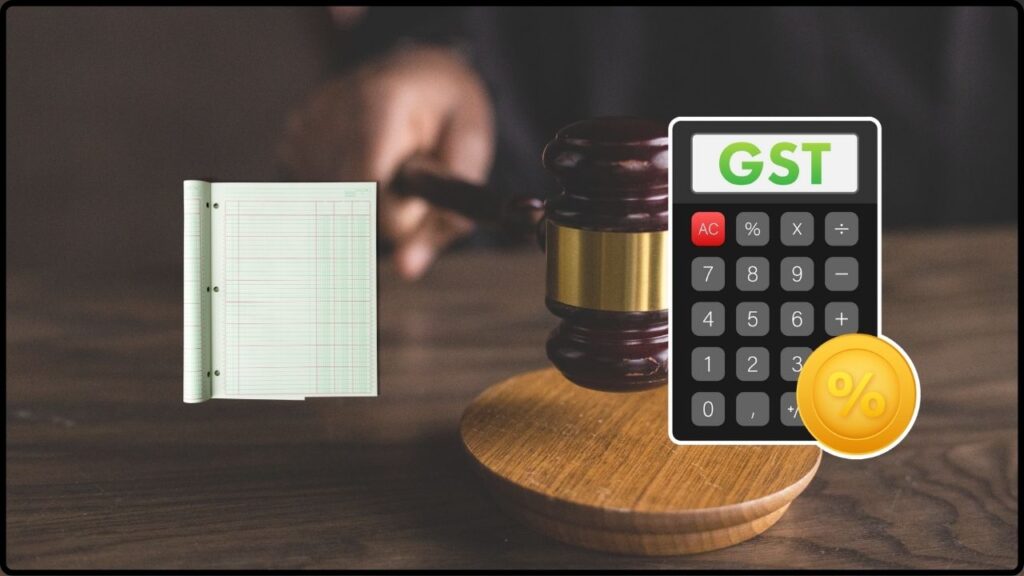
| Aspect | Details |
|---|---|
| Case Name | Rabin Sarkar vs. BSNL |
| Court | Calcutta High Court |
| Amount Re-credited | ₹1,67,974 |
| Supplier’s Outstanding GST Dues | ₹1,39,380 |
| Core Ruling | Buyer not liable for supplier’s GST default |
| Legal Basis | Section 107 of CGST/WBGST Act |
| Date of Court Order | 2025 |
| Official Reference | Calcutta High Court Official Website |
Understanding the Case in Simple Terms
Imagine you’re at your favorite burger joint, you pay for your meal, and the cashier forgets to give the state its sales tax. Weeks later, the government knocks on your door saying, “Hey, you owe us money.” Sounds unfair, right? That’s essentially what happened here — except swap burgers for telecom services.
The Background:
- Who? Rabin Sarkar, owner of Dolphin Enterprises.
- What Happened? He bought services from BSNL, paying GST as required.
- The Problem? BSNL didn’t report the GST properly and paid it late.
- The Fallout? Tax authorities debited ₹1,67,974 from Rabin’s cash ledger to make up for it.
The court saw this as an unjust penalty and sided with the buyer.
What Exactly Is GST? (And Why It Matters)
For non-Indian readers, Goods and Services Tax (GST) is a single, unified indirect tax levied on the supply of goods and services across India. Think of it like a nationwide sales tax, but with a twist — it’s collected at each stage of the supply chain, and businesses can claim Input Tax Credit (ITC) for the GST they’ve already paid on purchases.
In the U.S., sales tax is simpler: you pay it at the point of sale, and that’s usually the end of the story. In India, though, your ITC depends on your supplier filing and paying GST on time. If they don’t, your credits can be reversed — even if you did nothing wrong. That’s why this case matters so much.
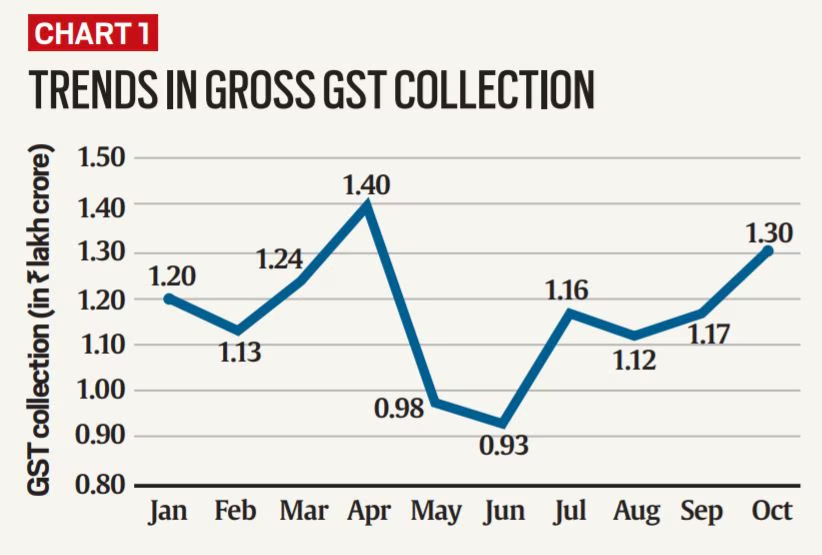
Court’s Reasoning
Justice Raja Basu Chowdhury laid out two key principles:
- Honest taxpayers must not bear the burden of others’ defaults.
- Tax authorities should first pursue the defaulting supplier before touching the buyer’s ledger.
The court set aside the appellate order, instructed the GST department to re-credit ₹1,67,974 within two weeks, and ordered BSNL to pay the remaining ₹1,39,380 directly.
Timeline of Events
- Before Dec 8, 2024 — Rabin Sarkar pays BSNL for telecom services, including GST.
- Dec 8, 2024 — GST department debits ₹1,67,974 from Rabin’s cash ledger.
- March 21, 2025 — BSNL pays ₹5,65,020 in IGST via Form DRC-03, but leaves ₹1,39,380 unpaid.
- 2025 — Rabin appeals under Section 107 of the CGST/WBGST Act.
- 2025 — Calcutta HC rules in Rabin’s favor.
Similar Rulings That Back This Up
This isn’t the first time Indian courts have stood up for buyers:
- Suncraft Energy Pvt Ltd v. Asst. Commissioner (2023) — Court ruled that buyers with valid invoices and proof of payment shouldn’t lose ITC because of supplier defaults.
- D.Y. Beathel Enterprises v. State Tax Officer (2021) — The Madras High Court emphasized that tax officials must act against the seller first.
- Kalpsutra Gujarat Pvt Ltd v. Union of India (2020) — Gujarat High Court held that ITC cannot be denied without first proving buyer involvement in fraud.
These cases show a growing legal trend: protecting buyers acting in good faith.
Why Calcutta HC Orders ₹1.67 Lakh Re-credit to Buyer’s Ledger Matters for Businesses?
For Small Businesses
If you’ve got limited cash flow, losing even a fraction of your working capital to a supplier’s negligence can be crippling. This ruling strengthens your defense if tax credits are reversed unfairly.
For Corporations
Large procurement teams must factor in supplier compliance risk. This judgment supports strong contractual safeguards.
For Accountants & Tax Advisors
This is a reminder to proactively monitor supplier compliance and advise clients on protective measures.

Practical Advice: How to Protect Your Business
Step 1: Keep Meticulous Records
- Store all invoices digitally and physically.
- Maintain proof of GST payment.
- Keep supplier GST registration numbers on file.
Step 2: Verify Supplier Compliance
- In India: Use the GST Portal to check filing status.
- In the U.S.: Verify business licenses and sales tax compliance with your state’s Department of Revenue.
Step 3: Write It into Contracts
Include clauses that:
- Require suppliers to remain tax-compliant.
- Make them liable for penalties arising from their defaults.
Step 4: Monitor Your ITC
- Regularly log into your GST ledger.
- Address mismatches immediately.
Step 5: Act Quickly
If credits are reversed, file an appeal under relevant law (Section 107 in India). Time limits apply.
Real-World U.S. Example
Imagine you own a coffee shop in Texas. You buy coffee beans from a wholesaler, paying sales tax. But the wholesaler doesn’t remit that tax to the state. If Texas came after you for that sales tax, most U.S. courts would say, “Not your problem.” This Indian ruling echoes that same fairness principle.
Impact Analysis: Beyond One Case
- Legal Precedent — This decision will be cited in future GST disputes.
- Compliance Culture — Encourages businesses to monitor suppliers closely.
- Cash Flow Relief — Prevents unnecessary cash blockages in buyer ledgers.
- Investor Confidence — Shows that courts will protect honest taxpayers, making the business environment more predictable.
How to Handle a Wrongful GST Debit: Step-by-Step Guide
- Check Your Ledger Immediately — If funds are debited, verify the reason.
- Gather Documentation — Invoices, payment proof, and GST filings.
- Contact the Supplier — Ask them to correct their filings.
- File a Representation — Write to your jurisdictional GST officer.
- File an Appeal — If denied, proceed under Section 107 within three months.
- Seek Legal Help — If necessary, escalate to the High Court.
Calcutta HC Rules GST Adjudication Invalid Without Mandatory Hearing Under Section 75(4)
Raymond Apparel Wins Big: Calcutta HC Upholds ₹7.98 Crore Customs Refund After Protest
Telangana High Court Delivers Major Relief for NRSC in GST Dispute

